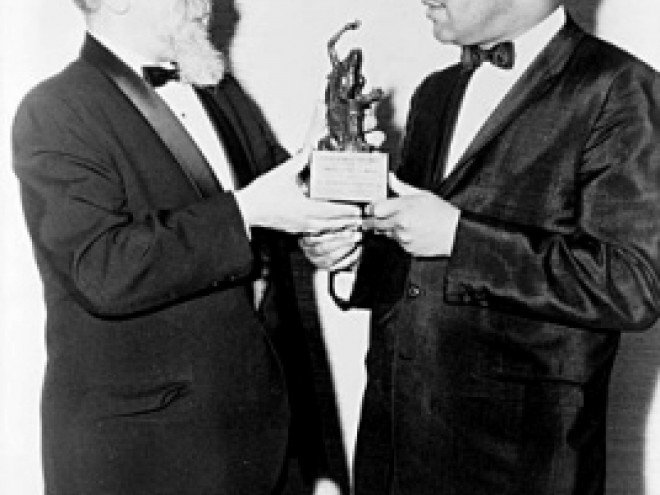Tzedaka, the Hebrew word for charity, also means righteousness or justice. In Judaism, this outlook translates into the idea that giving to the poor is not viewed as a generous act but simply an act of justice and righteousness — the performance of a duty, giving the poor their due. Caroline E. Light’s well-researched book, That Pride of Race and Character: The Roots of Jewish Benevolence in the Jim Crow South, delves into the origins and development of the Hebrew Orphan Homes in Atlanta and New Orleans. The depictions of how these acts of charity were implemented by the directors, staff, and beneficiaries who lived there are a fascinating window into American history trained on two unique cities during times of great change. The institutions were created in response to post-Civil War devastation and the simultaneous influx of Eastern European immigrants. Information and stories in the book come from the confidential records of these institutions as well as oral histories. Light’s descriptions of some of the inmates who resided in the Orphan Homes and the single mothers who were subsidized during the Depression are hopeful but often wrenching, for example, the Blaustein siblings Sally, Annie, Jacob, and Oscar, who found refuge in the Atlanta institution after their mother died in childbirth in a small Georgia town. Their immigrant father and other members of their town were expected to help support the children at the Orphan’s Home with donations but interactions were limited as the man did not attain the financial status the directors deemed worthy of their charges. Started by wealthy Jews of German descent, the institutions reflected the high-minded aspirations of the white-identified Southern Jews. Light analyzes choices and that history through the lens of the era’s ideas of gender, race, and the politics of Southern cultural capital. Explorations of the help, or lack thereof, extended to Southern agunot (abandoned wives) are especially gripping.
Dina Weinstein is a Richmond, Virginia-based writer.




